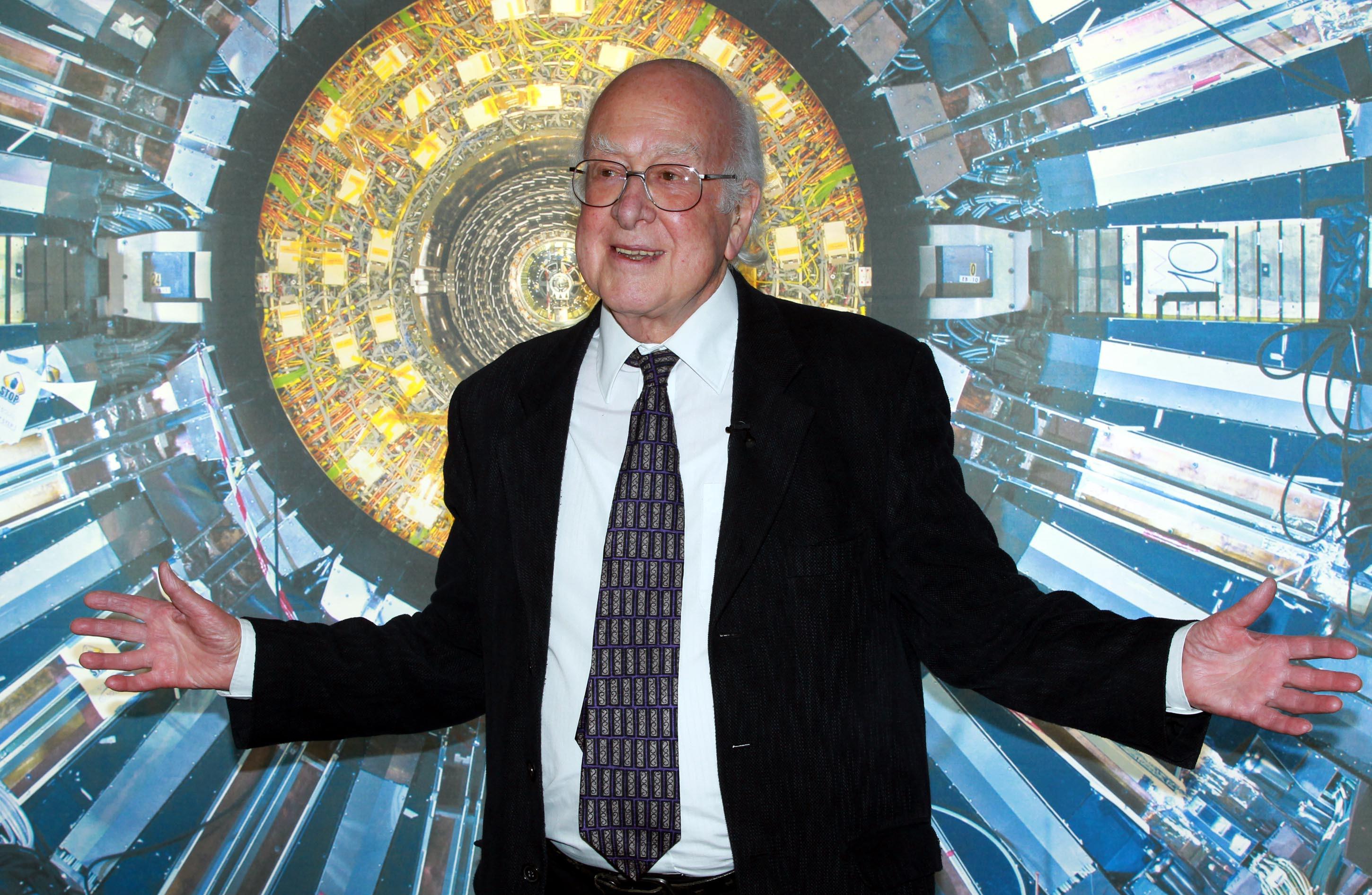British physicist Peter Higgs, winner of the 2013 Nobel Prize in Physics, has died at his home in Edinburgh at the age of 94 after a short illness. The announcement of his death, which occurred on Monday 8 April, was made today by the University of Edinburgh, where he held the chair of physics until 1996, when he was appointed professor emeritus.
The Nobel Prize was awarded to Higgs for the discovery of the BEH boson, or Higgs boson, an elementary particle considered the keystone of the fundamental structure of matter. In addition to the ‘Higgs boson’, it was also nicknamed ‘the God particle’.
Higgs shared the Nobel Prize in 2013 with Belgian physicist Francois Englertwe read in the motivation, ”for having discovered the theory of the mechanism that contributes to the understanding of the mass of subatomic particles and which, recently, was confirmed by the discovery of the particle (the Higgs boson, ed.) as it had been predicted in the theoretical study, discovery made by the Atlas and Cms experiments, experiments of the Large Hadrhn Collder of Cern in Geneva”.
Member of the English Royal Society, Higgs was already known in the world of science well before the Nobel for having formulated a proposal in 1964 to explain the origin of the mass of elementary particles within the electroweak theory. The mechanism he hypothesized got its name, the ‘Higgs mechanism’, and predicts the existence of a new subatomic particle, the Higgs boson.
For his notable contribution to theoretical physics, Higgs has been decorated numerous times with prizes and recognitions including the Dirac medal and the Wolf Prize for physics, received by Higgs in 2004 together with Francois Englert and Robert Brout, who independently he had theorized the same mechanism which for this reason is sometimes also called the ‘Brout-Englert-Higgs mechanism’.
